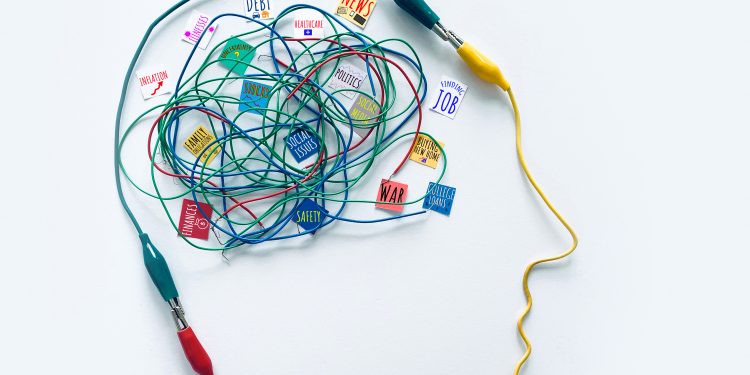We’ve all seen the headlines that social media is bad for our mental health, but is that true? Social media’s effects look quite small, and those small effects can be negative and positive. In some ways, it may seem like a tradeoff. We know that data is only part of the picture though. What about someone who goes viral? That does not seem like it would feel neutral.
The idea of public shaming has been around since the very olden days. The big difference between then and now it’s not just the venue of how it’s happening but also the scale and the speed at which it occurs. This sounds overwhelming, but we’re also curious about how social media affects different communities. Given factors like systemic racism, some groups must be more likely than others to have negative online encounters. For communities of color, it can increase their exposure to racist incidents, whether that’s directly, or indirectly, targeted harassment, negative comments, or racist comments.
Teenagers are using social media in a plethora of really positive ways. There are groups, there are clubs out there to address anything that the teen has an interest in. We see teens architect their Instagram photos using filters to create images that are not aligned with who they are, but they are generating likes. It’s a social media currency and it’s addictive. Teens and adults can also make wrong decisions, and they post things that they don’t realize will exist forever.
In the new study shedding light on the link between social media and depression and loneliness, researchers published in the journal of social and clinical psychology went to 143 undergraduate students to record their phone use for a week. Some were told to use it freely, others were limited to 10 minutes a day. Those who restricted their use of social media reported significant decreases in feelings of depression and loneliness.
What is unique about this particular study is that it showed that you don’t have to eliminate social media. a lot of times when people feel as if they’d need to do a total detox and completely let go to feel better.
Online relationships shouldn’t be the only ones we have. There are lots of wonderful things about it like giving support, feeling less lonely, sharing ideas, feeling understood, and having a sense of community. But there might also be drawbacks to too much social media use like increased nervousness and sadness and lower self-esteem. You need to balance your time on social media with meaningful personal interactions offline. Here are five tips that might help you on your journey to better mental health While being active on social media:
- Monitor screen time. You need to keep track of how much time you spend on social media. Your phone might have an app to help you with this making it easy to monitor.
- Be more selective with the people you connect with. Before making a new connection on social media, take a moment and ask yourself if this connection is something you need or want.
- Take a break from social media. Every week choose a day where you enjoy your life without social media as a conscious choice. It isn’t always easy, but it is an important rule for everyone.
- Be mindful of why you use it, whether it is to escape or to connect. If you spend too much time using it as an escape, it’s a sign that you should take a break for a period. So, you adjust, and you can use your offline time to get some fresh air, play your guitar or pick up a book.
- You should limit where and when you use it. You don’t need to take your electronic devices out during meals and make a point not to use them while talking with others. You should also turn them off an hour before bed.
By practicing these steps, you will feel more in control of your time and your mental health will improve. With time you will manage to improve your relationships both online and offline. It isn’t always easy but managing your social media use should be one of the many techniques to keep your mental health on the right track.










Discussion about this post